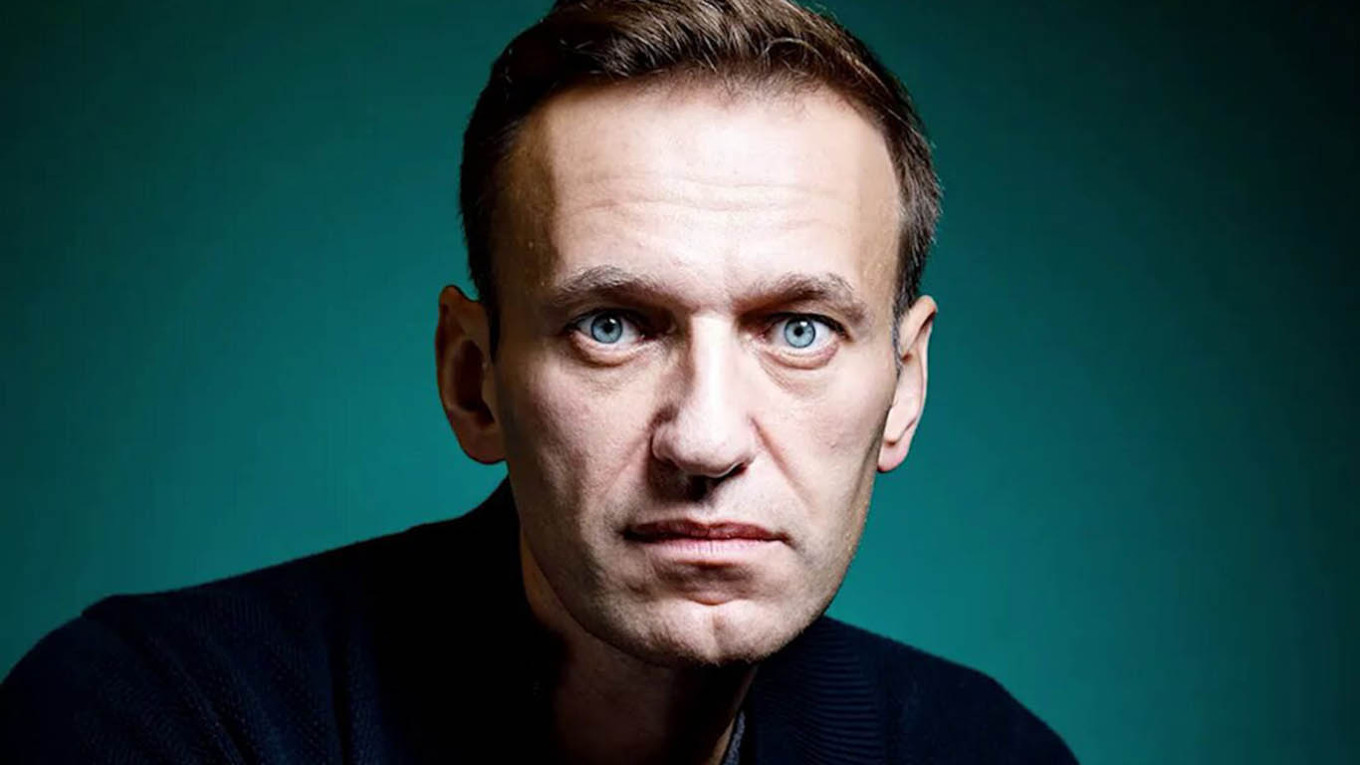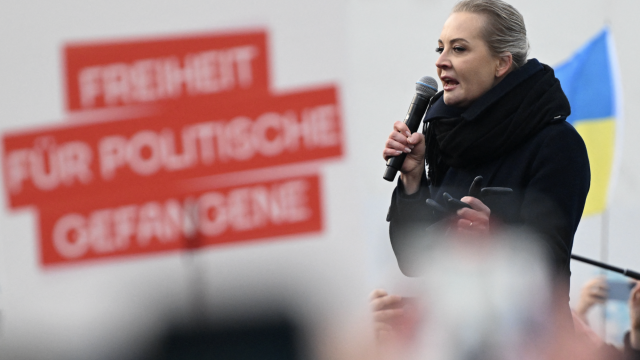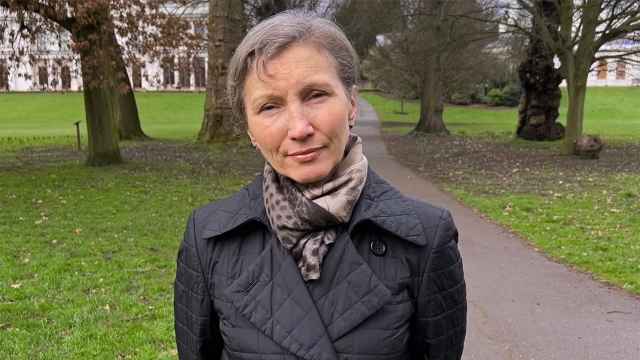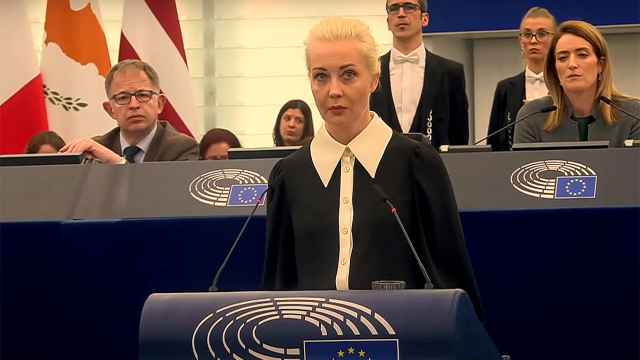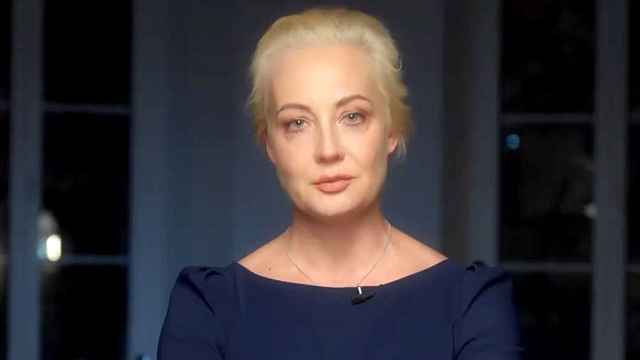Yulia Navalnaya, the wife of the late opposition activist Alexei Navalny, said Wednesday that two separate medical lab results show her husband was poisoned before his death at an Arctic penal colony last year.
Navalny, who rose to prominence for his sleek anti-corruption investigations and open opposition to President Vladimir Putin, died suddenly in February 2024. Russian authorities have declined to investigate the circumstances of his death, which deprived the opposition of its most charismatic figure and deepened rifts within his Anti-Corruption Foundation.
Navalnaya said in a video statement that her husband’s biological samples were obtained last February and later “securely smuggled abroad.”
She said laboratories in two different countries independently concluded that Navalny had been poisoned. Navalnaya did not identify the countries where the lab tests were conducted or the alleged poisonous substance said to have been involved in her husband’s death.
The Moscow Times could not independently verify her claims.
Navalnaya hinted that the lab tests may have been done in Europe or North America when she accused “Western states” of refusing to investigate her husband’s death on legal and political grounds.
“I demand that the laboratories that conducted the analyses publish their results,” she said. “These results are of public importance and must be published. We all deserve to know the truth.”
Independent Russian media claimed last year that investigators had seized 75 items from the scene of Navalny’s death, including “samples of vomit,” and then redacted indications of possible poisoning from a letter to Navalnaya last year.
Navalny nearly died in 2020 after being poisoned with the nerve agent Novichok in Siberia, a conclusion confirmed by German, French and Swedish laboratories working under the Organization for the Prohibition of Chemical Weapons.
He was arrested in 2021 upon returning to Russia after treatment in Germany.
Brussels and Washington imposed sanctions on senior Russian officials after his imprisonment and death.
The Kremlin has denied any role in Navalny’s death, while U.S. intelligence assessments have suggested Putin “probably” did not personally order him to be killed.
A Message from The Moscow Times:
Dear readers,
We are facing unprecedented challenges. Russia's Prosecutor General's Office has designated The Moscow Times as an "undesirable" organization, criminalizing our work and putting our staff at risk of prosecution. This follows our earlier unjust labeling as a "foreign agent."
These actions are direct attempts to silence independent journalism in Russia. The authorities claim our work "discredits the decisions of the Russian leadership." We see things differently: we strive to provide accurate, unbiased reporting on Russia.
We, the journalists of The Moscow Times, refuse to be silenced. But to continue our work, we need your help.
Your support, no matter how small, makes a world of difference. If you can, please support us monthly starting from just $2. It's quick to set up, and every contribution makes a significant impact.
By supporting The Moscow Times, you're defending open, independent journalism in the face of repression. Thank you for standing with us.
Remind me later.


